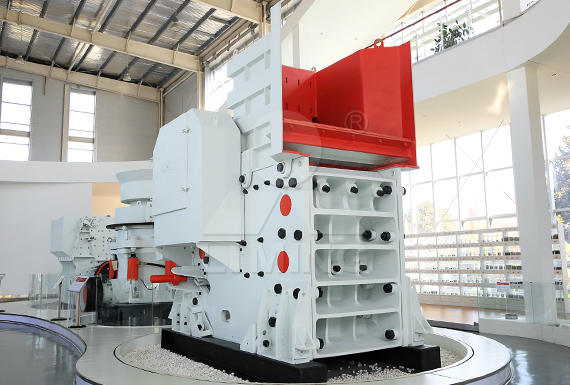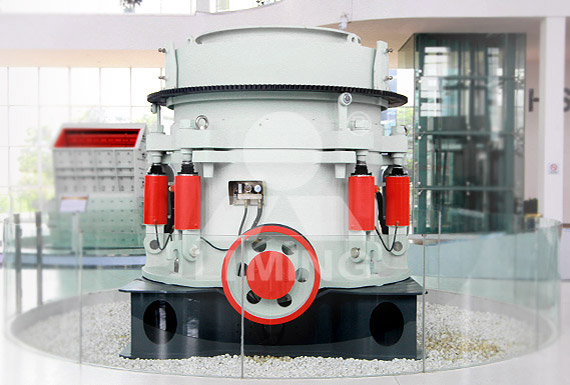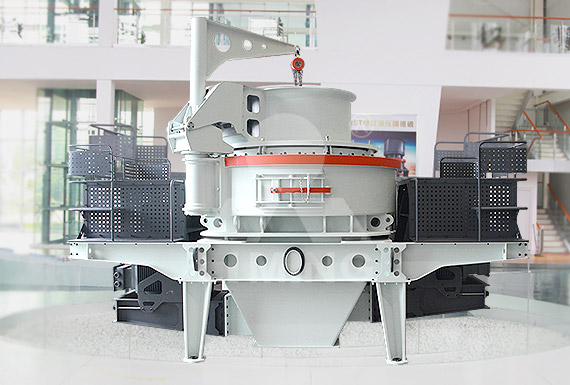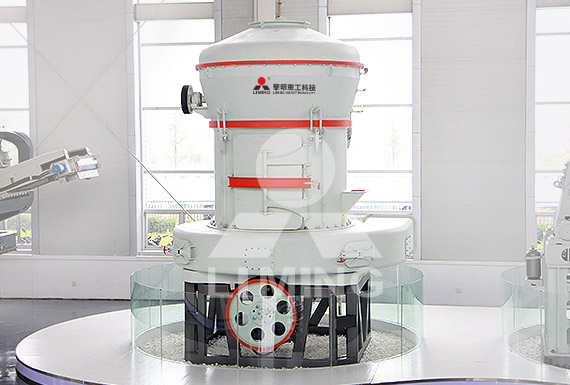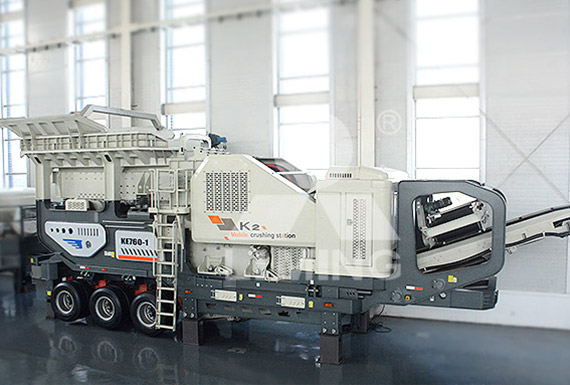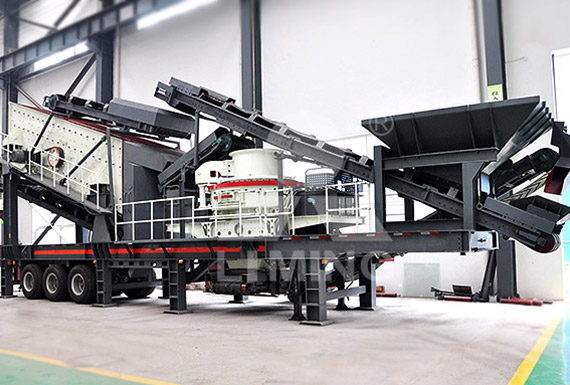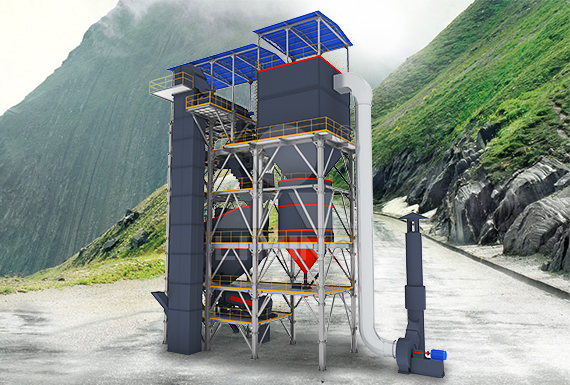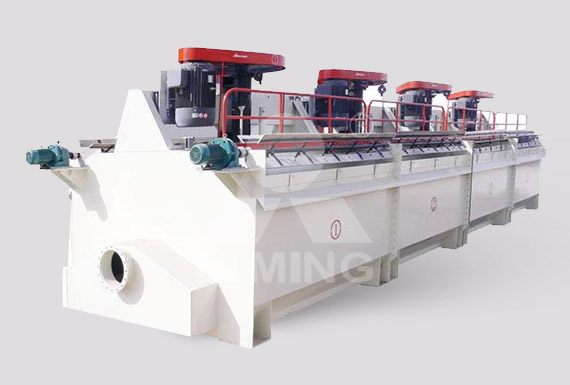المنتجات الساخنة

New Applications for Iron and Steelmaking Slag
Iron and steelmaking slag is classified as BF (Blast Furnace) slag or steelmaking slag. BF slag is generated during the process of reducing iron ore by
Contact
New applications for iron and steelmaking slag Semantic Scholar
The potential application of iron- and steelmaking slag has been reviewed, which included the slag utilization in construction as cement and sand, in water, soil, and gas treatment, as well as in value material recovery. 17 PDF View 1 excerpt, cites background Review on the innovative uses of steel slag for waste minimization
Contact
New Applications for Iron and Steelmaking Slag
New Applications for Iron and Steelmaking Slag –41– NKK TECHNICAL REVIEW No.87 (2002) Slag 4.2 Effect of absorbing CO2 Theoretically speaking, 1 mol of CO2(44 g) is absorbed by 1 mol of CaO (56 g) when solidifying steelmaking slag by carbonation. The main sources of CaO in the slag are calcium silicate compounds such as 2CaOSiO2and 3CaO SiO2.
Contact
CiteSeerX — New Applications for Iron and Steelmaking
Slag has traditionally been used as a component of cement and construction aggregate. NKK has led the industry in promoting the effective use of slag. In this , fine concrete aggregate, known as Sandy-S, and slag sand-capping material are introduced as new ap-plications of granulated blast furnace slag.
Contact
New applications of iron and steelmaking slag
this stone introduces new products developed by the jfe steel group as materials for improvement of coastline and coastal marine environments, including an
Contact
New Applications of Iron and Steelmaking Slag
opment of new application technologies has become an urgent matter. The JFE Steel Group has developed and sells the fol-lowing as new use technologies for iron and steelmaking slag: (1) an environment-friendly block, “Ferroform,” which can be used as a substitute for concrete, (2) mate-rials for restoration of coastal and marine environments,
Contact
New Applications of Iron and Steelmaking Slag Contributing to a
Iron and steelmaking slag are byproducts of the iron-making and steelmaking processes. To date, these types of slag have been widely used in cement and as aggregate for civil works. This stone introduces new products developed by the JFE Steel Group as materials for improvement of coastline and coastal marine environments, including an environment-friendly block
Contact
New Applications For Iron and Steelmaking Slag:
10.1.1.476.3968 (2).pdf Free download as PDF File (.pdf), Text File (.txt) or read online for free.
Contact
Slag product applications Article on the slag industry
Oct 27, 2011Steel slag is an ideal material for this application as it is strong, has a cubical shape, which helps the interlock and has excellent resistance to abrasion. Over one million tonnes of steel slag has been used extensively in Saudi Arabia in this application and is the preferred material due to both its physical and chemical stability. Agriculture
Contact
Primary characteristics and applications of iron and steel
In addition, due to its high angle of shearing resistance, high particle density, and large weight per unit volume, it is also used as a material for civil engineering works and as a ground improvement material (i.e., material for sand compaction piles). Primary characteristics and applications of
Contact
Slag product applications Article on the slag industry Global Slag
Oct 27, 2011Applications of iron and steelmaking slag products by MPA Slag. Blast Furnace Slag (Iron Making Slag) In addition to utilisation on agriculture, a relatively new application has been developed to help remediate brown field sites incapable of plant growth. The BOS slag fines release calcium oxide and other trace elements, slowly into the
Contact
Primary characteristics and applications of iron and
Primary characteristics and applications of iron and steel slag. Thermal insulation and sound absorption effects when made into a fiber. Material for civil engineering works, ground improvement material (Backfill material, earth
Contact
New applications of oxygen sensors to ironmaking and steelmaking
Dec 01, 1983Abstract. Since 1978, the oxygen sensor has been improved for the determination of dissolved oxygen less than 50 ppm in order to control the precise content of Al in killed steel in Japan as well as in other countries. On the other hand, the present authors studied on the oxygen sensor for molten slag and the long-life oxygen sensor developed
Contact
The potential utilization of slag generated from iron- and steelmaking
In this article, the potential application of iron- and steelmaking slag has been reviewed, which included the slag utilization in construction as cement and sand, in water, soil, and gas treatment, as well as in value material recovery. In addition, the challenge and required effort to be made in iron- and steelmaking slag management have been
Contact
Industrial uses of slag (the use and re-use of iron and steelmaking
Jul 18, 2013During ironmaking as well as during steelmaking, significant amounts of slag are produced. Two decades ago, more than 13 million tonne (mt) of blast furnace slag and 4 mt of steelmaking slag per annum were produced in the USA alone. It is therefore not surprising that many attempts have been made to re-use iron and steelmaking slags.
Contact
Recycling of ironmaking and steelmaking slags in Japan and China
Apr 06, 2022Exploring new functions or applications of slags has become a research priority in Japan. For example, the utilization of steelmaking slags in offshore seabeds to create marine forests is under development. Recycling of steelmaking slag in seawater as an iron supplier: Effects of slag composition, carbonation and usage of gluconic acid
Contact
Properties and Uses of Steelmaking Slag IspatGuru
Nov 14, 2018Uses of steelmaking slag. Steelmaking slag has several applications. These are described below. Scrap steel reclamation Steelmaking slag contains around 10 % scrap steel, which can be reclaimed
Contact
The recycling and reuse of steelmaking slags — A review
Jul 01, 2019An innovative marine application of steelmaking slag has been its use for elution of iron-ions to stimulate Phytoplankton to absorb CO 2 (Futatsuka et al., 2004). Phytoplankton are microscopic organisms that are an essential component of ecosystems in oceans around the world, which can sequester 2 kg/m 2 year of carbon, making them useful in
Contact
Types of iron and steel slag : NIPPON SLAG ASSOCIATION
Steelmaking slag. This slag is a byproduct from steelmaking processes in which the components of pig iron and steel-scrap are modified in order to produce steel that is so highly valued for excellent toughness and workability. Steelmaking slag consists of converter slag that is generated by converter and electric arc furnace slag that is
Contact
Recent development in slag treatment and dust recycling.pdf...
New developed processes are ready to be implemented into the daily steelmaking practise. Keywords: slag, dust sludge, by-product, recycling, slag treatment DOI: 10.2374/SRI09SP055; submitted on 30 January 2009, accepted on 14 February 2009 The Use of Steelmaking By-products a Forward Looking Concept The recycling of by-products in the steel
Contact
Iron and Steel Slag Market Report Reports Express
Jun 11, 2022The report makes some important proposals for a new project of Iron and Steel Slag Industry before evaluating its feasibility. Overall, the report provides an in-depth insight of 2017-2026 global and Chinese market covering all important parameters. Ask for Free Sample. Analysis by Manufacturers. Stein Inc. JFE Steel Corporation
Contact
Iron and Steel Slag Market Report Global Forecast From 2022 To
The Global Iron And Steel Slag Market size is projected to grow at a CAGR of 5.1% during the forecast period from 2021-2030. The major factors driving this growth is increased demand for steel worldwide, improved production efficiency in blast furnaces, and growing application scope of slag in the buildingconstruction sector owing to its high availability and low cost.
Contact
New Application of Oxygen Sensors to Ironmaking and Steelmaking
New Application of Oxygen Sensors to Ironmaking and Steelmaking in Japan oxygen sensor for molten slag and the long-life oxygen sensor developed as monitors of the oxygen pressures in molten iron and slag in a converter, a tundish of continuous casting and a blast furnace. The present report gives the authors' investigation on the
Contact
Climate change: Slag heaps from steelmaking could absorb CO2 New
Jun 08, 2022By Adam Vaughan. A slag heap made up of iron industry waste in Barrow-in-Furness, Cumbria, UK. Ashley Cooper pics/Alamy. Scientists are exploring whether a legacy of the UK’s polluting
Contact
Applications of iron and steelmaking slag products
Jan 05, 2019Applications of iron and steelmaking slag products. With ore, water, coal and other resources become increasingly scarce, and the profit space is reduced gradually of steel plant. On the other hand, a large number of steel
Contact
Iron and Steel Slag USGS
product in many applications and reduces the unit CO. 2. emissions in the production of the cement. World Mine Production and Reserves : Because slag is not mined, the concept of reserves does not apply. World production data for slag were unavailable, but iron slag from blast furnaces may be estimated to be 25% to 30% of
Contact
Technical Review UDC 669 . 1 . 054 . 82 Overview of Iron/Steel
opment aiming at cultivating new applications of the slag from blast furnaces (BFs) and basic oxygen furnaces (BOFs) is discussed. 2. Overview of Iron/steel Slag 2.1 Iron/steel slag production Slag is produced during iron and steelmaking processes, origi-nating from the gangue in the mineral raw materials such as iron
Contact
Iron and Steel Slag Market Report Global Forecast From 2022 To
The Global Iron And Steel Slag Market size is projected to grow at a CAGR of 5.1% during the forecast period from 2021-2030. The major factors driving this growth is increased demand for steel worldwide, improved production efficiency in blast furnaces, and growing application scope of slag in the buildingconstruction sector owing to its high availability and low cost.
Contact
New Application of Oxygen Sensors to Ironmaking and Steelmaking
New Application of Oxygen Sensors to Ironmaking and Steelmaking in Japan oxygen sensor for molten slag and the long-life oxygen sensor developed as monitors of the oxygen pressures in molten iron and slag in a converter, a tundish of continuous casting and a blast furnace. The present report gives the authors' investigation on the
Contact
UPDATE OF IRON AND STEEL SLAG IN JAPAN AND CURRENT
granularity for the intended application of the slag. As shown in Table 2, a distinctive characteristic of the steelmaking slag is the high CaO content compared to BF slag. The ratio of CaO content to SiO 2 is normally above 2 to 3, thus the steelmaking slag possibly contains free lime. Because free lime in
Contact
UDC 669 . 054 . 82 : 669 . 184 . 244 . 66 Processing and
BOF slag and the current status of development of new application technologies. 2. General Condition of Iron/Steel Slag MgO, and S, and steelmaking slag contains iron oxides (FeO, Fe 2 O 3), MnO, P 2 O 5, etc. scrap iron and/or making effective use of the slag for applications where iron would be an impurity. Therefore, after cooling
Contact
Iron and Steel Slag Market Report Reports Express
Jun 11, 2022The report makes some important proposals for a new project of Iron and Steel Slag Industry before evaluating its feasibility. Overall, the report provides an in-depth insight of 2017-2026 global and Chinese market covering all important parameters. Ask for Free Sample. Analysis by Manufacturers. Stein Inc. JFE Steel Corporation
Contact
Recent development in slag treatment and dust recycling.pdf...
New developed processes are ready to be implemented into the daily steelmaking practise. Keywords: slag, dust sludge, by-product, recycling, slag treatment DOI: 10.2374/SRI09SP055; submitted on 30 January 2009, accepted on 14 February 2009 The Use of Steelmaking By-products a Forward Looking Concept The recycling of by-products in the steel
Contact
CN101082072A New melting agent for steelmaking furnace slag
The new cinder smelting agent for steelmaking is one kind of alkaline oxide comprising lime in 15-37 wt%, iron oxide ore powder 60-85 wt%, and has smelting point lower than 1200 deg.c. It may be applied to replace fluorite, and possesses the advantages of reduced environmental pollution, raised iron yield, decreased steelmaking cost, capacity of stabilizing steel quality, etc.
Contact
3 Iron Unit Recycling stage.energy.gov
Alternative uses for steelmaking slag need to be identified, such as in manufacture of refractories or ceramics. The benefits from agricultural uses of steelmaking slag need to be evaluated further as has been done in Western Europe. Alternative steelmaking slag practices also need to be considered. RD Needs IronSteel Making Slags
Contact
Climate change: Slag heaps from steelmaking could absorb CO2 New
Jun 08, 2022By Adam Vaughan. A slag heap made up of iron industry waste in Barrow-in-Furness, Cumbria, UK. Ashley Cooper pics/Alamy. Scientists are exploring whether a legacy of the UK’s polluting
Contact
Slag foaming in new iron and steelmaking processes
Made available by U.S. Department of Energy Office of Scientific and Technical Information
Contact
Possible Uses of Steelmaking Slag in Agriculture: An Overview
The slag recycling in steel production processes allows to realize a waste-free steelmaking process as well as the consumption reduction of iron and lime. For its high content of lime (CaO) the LD slag can be used as fluxing material, replacing limestone, with the result that iron and steelmaking costs are reduced.
Contact